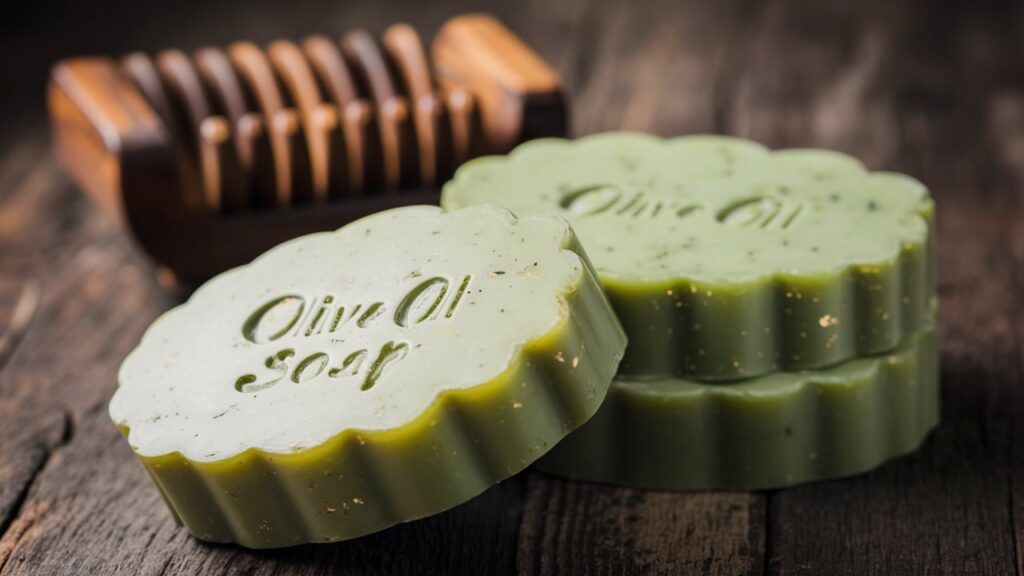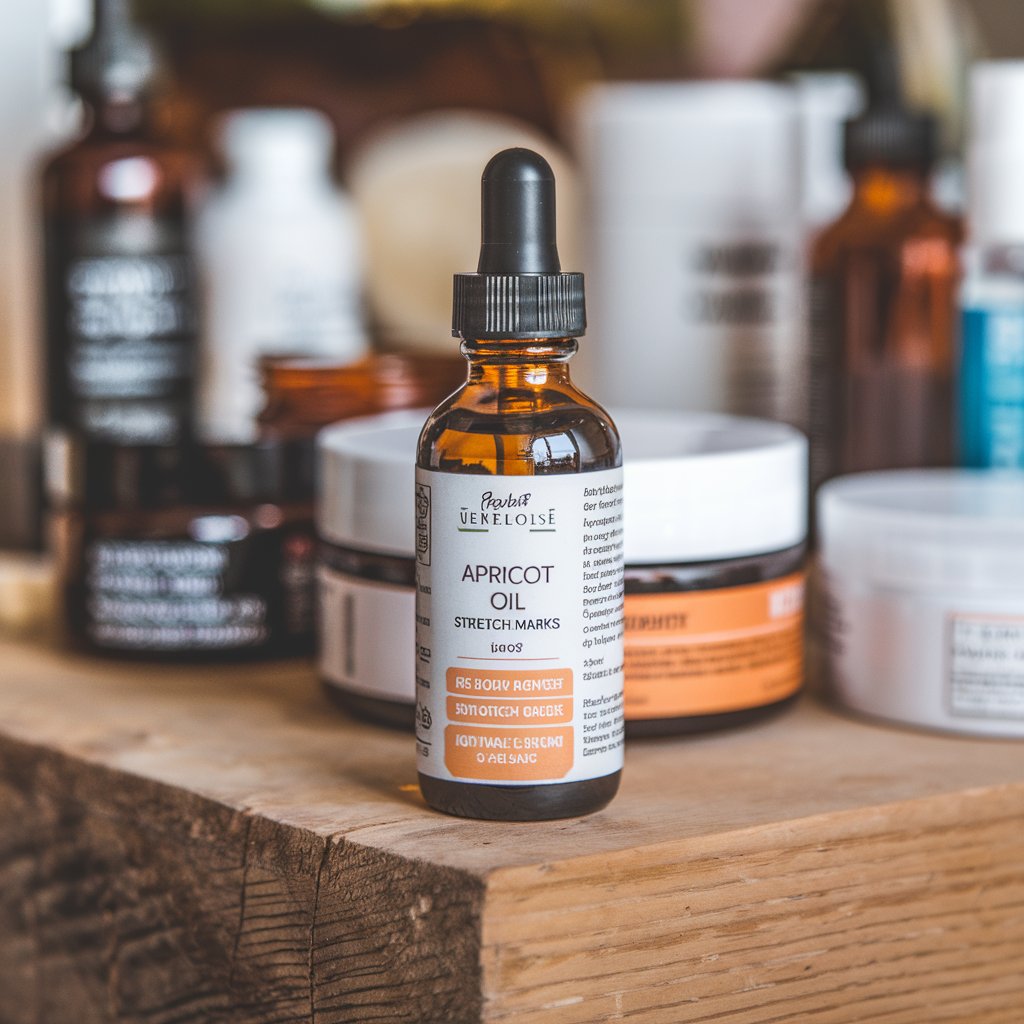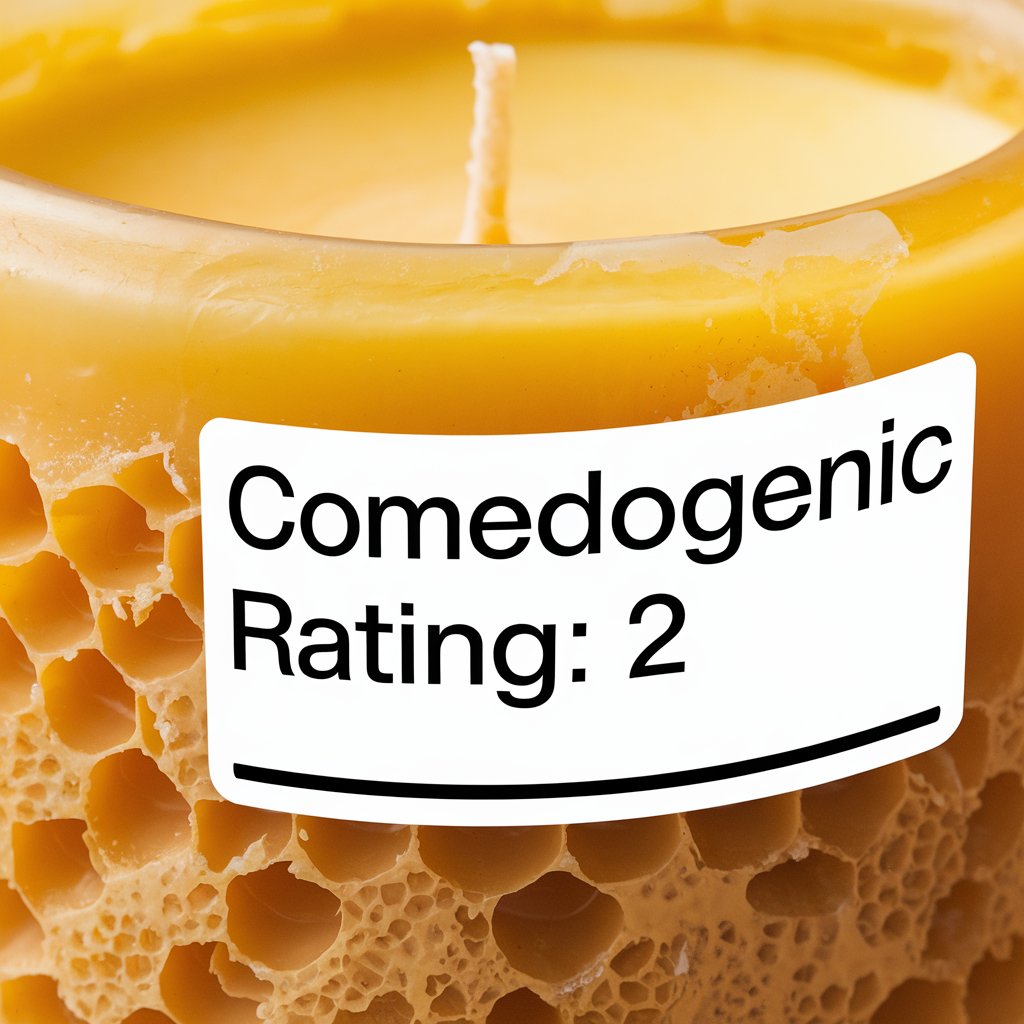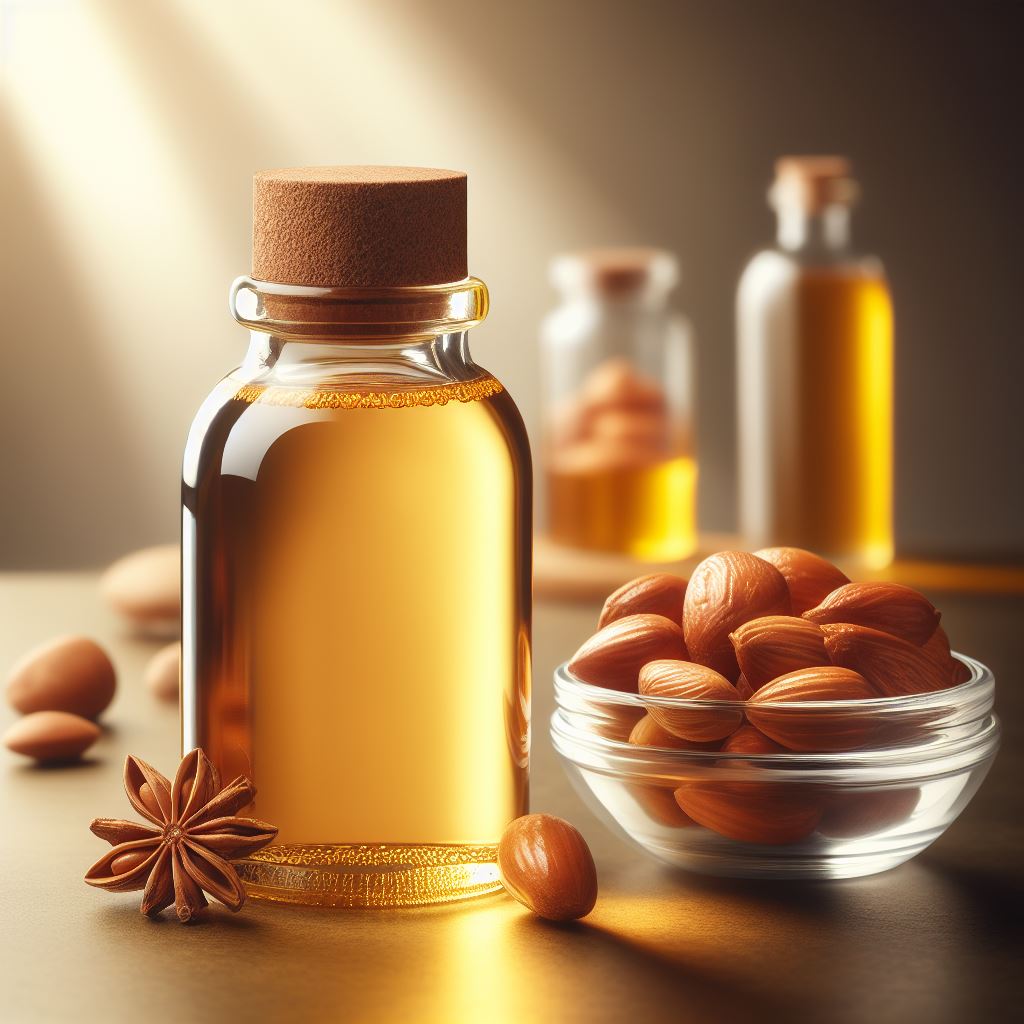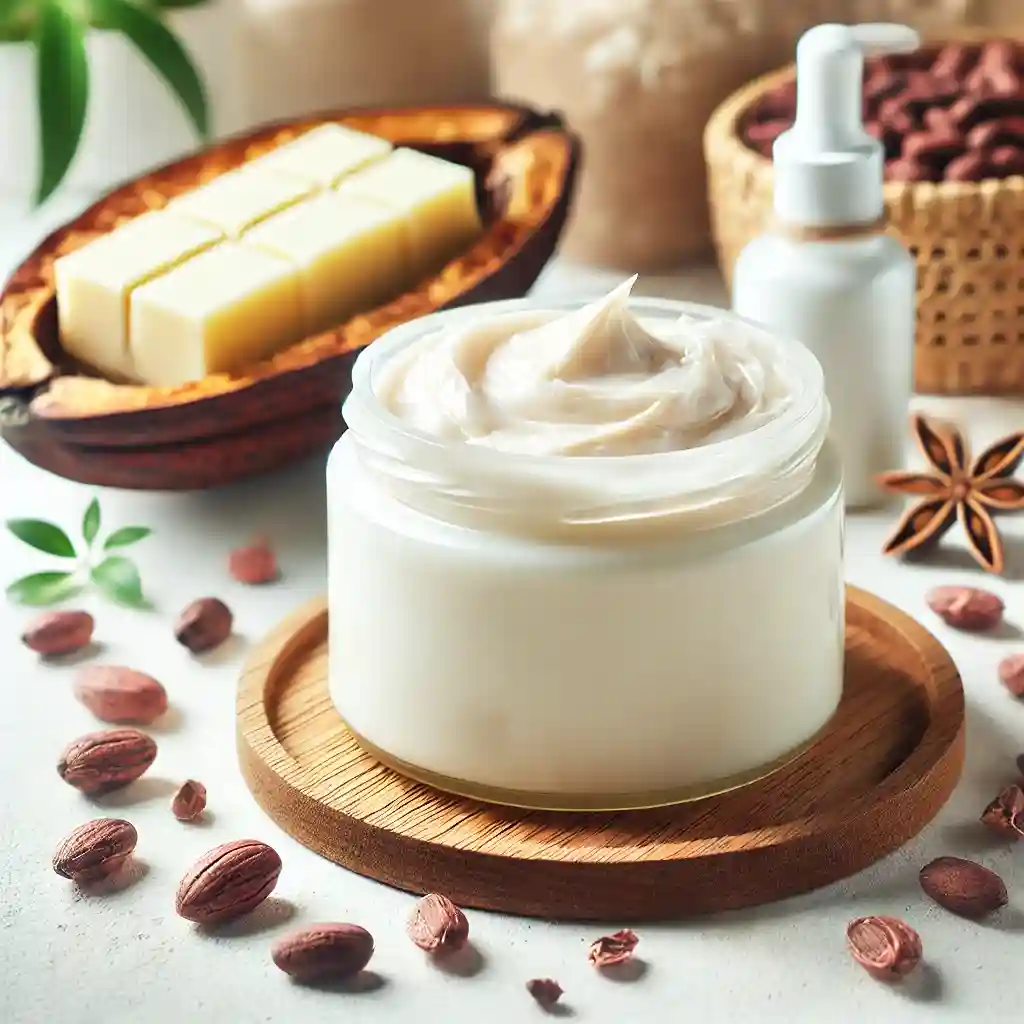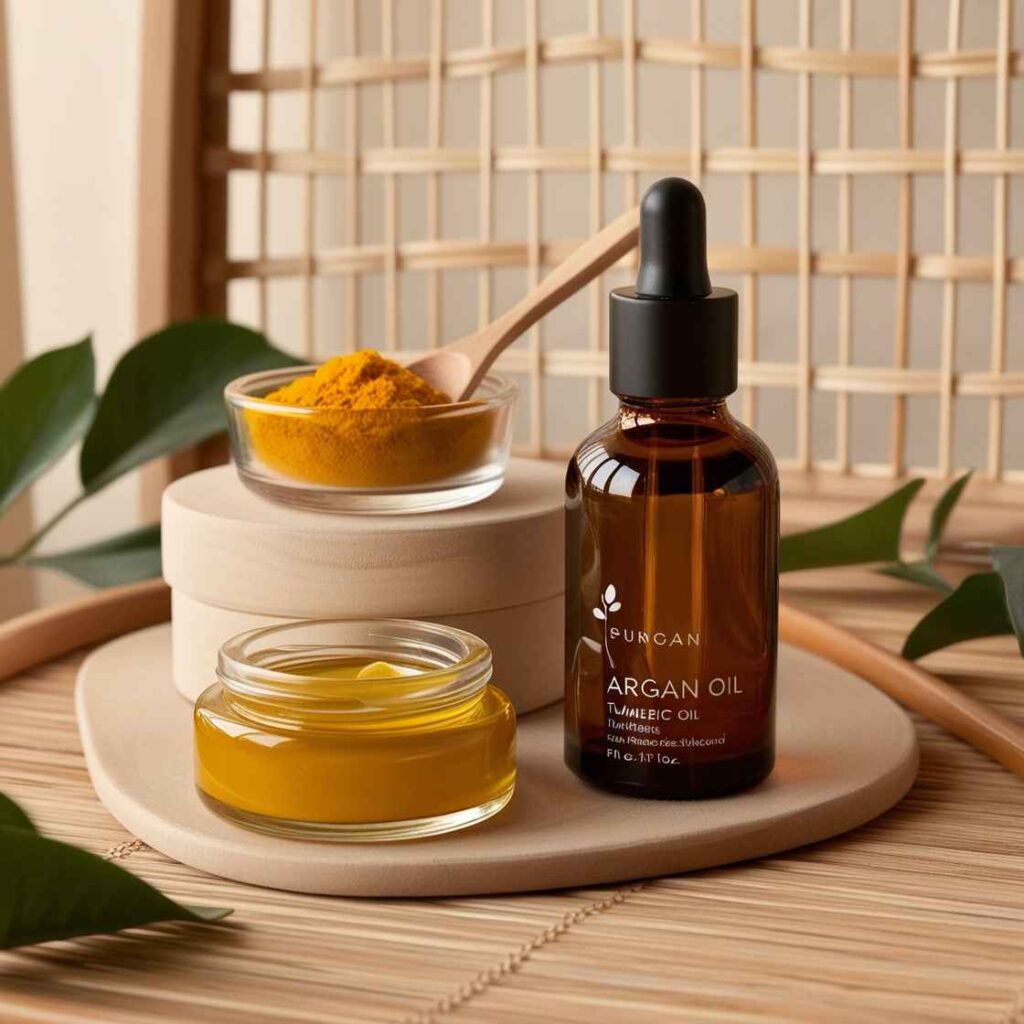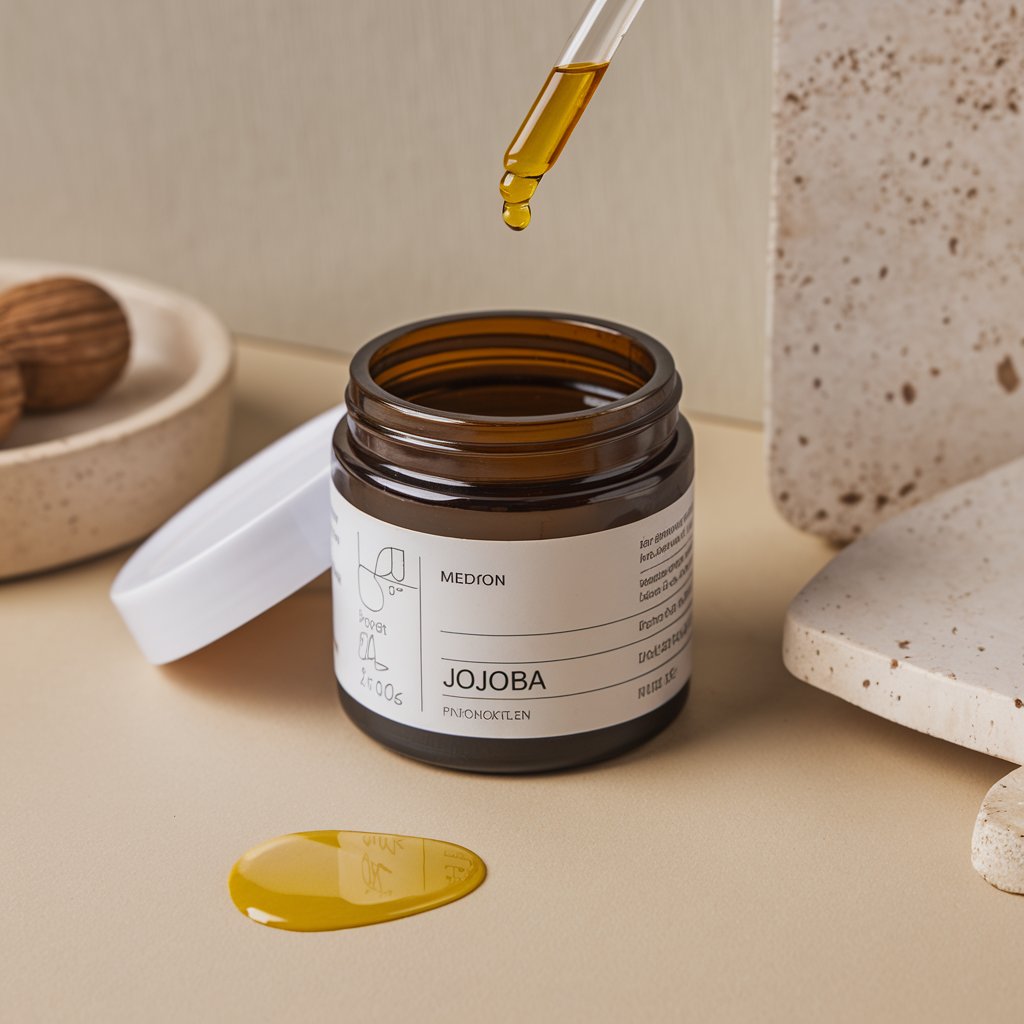Posted inIngredients
Olive Oil vs. Acne: Should You Use It on Your Face?
Olive oil is a familiar ingredient in skincare, often promoted for its moisturizing properties. Regarding its impact on acne-prone and oily skin, the debate is far from settled. On the…
